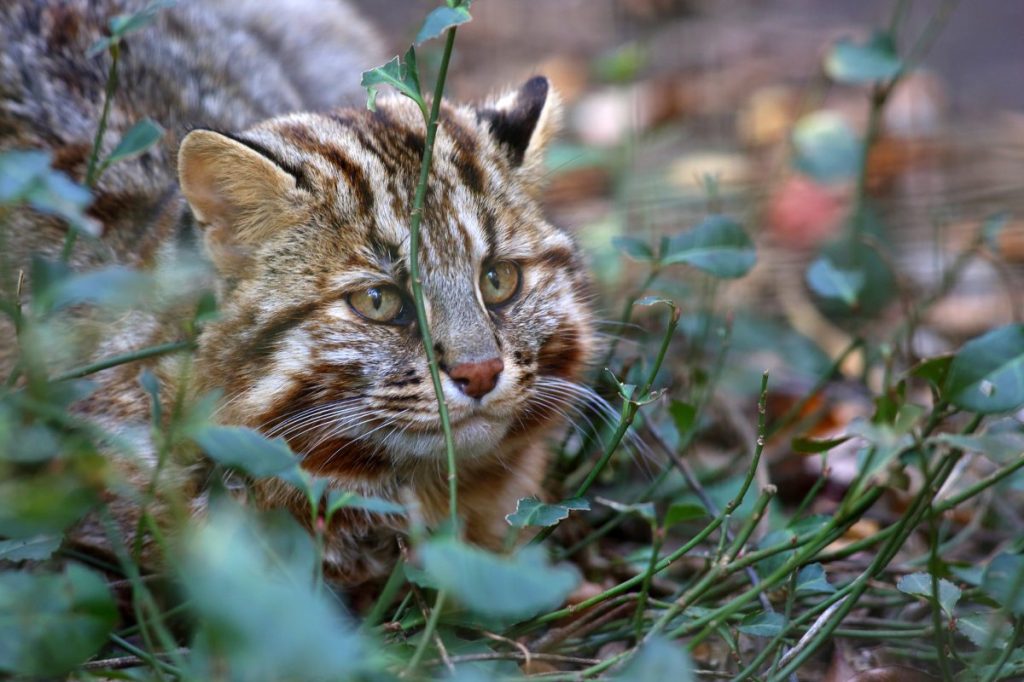Iriomote and Tsushima cats are subspecies of Leopard Cats. The breeds are only found on two Japanese islands, which happen to be named after them. Since their population is critical, their survival and well-being are top priorities for the Ministry of the Environment (MOE) in Japan.

Every cat owner is familiar with the odor that’s created by a smelly litter box — it can spread across…





